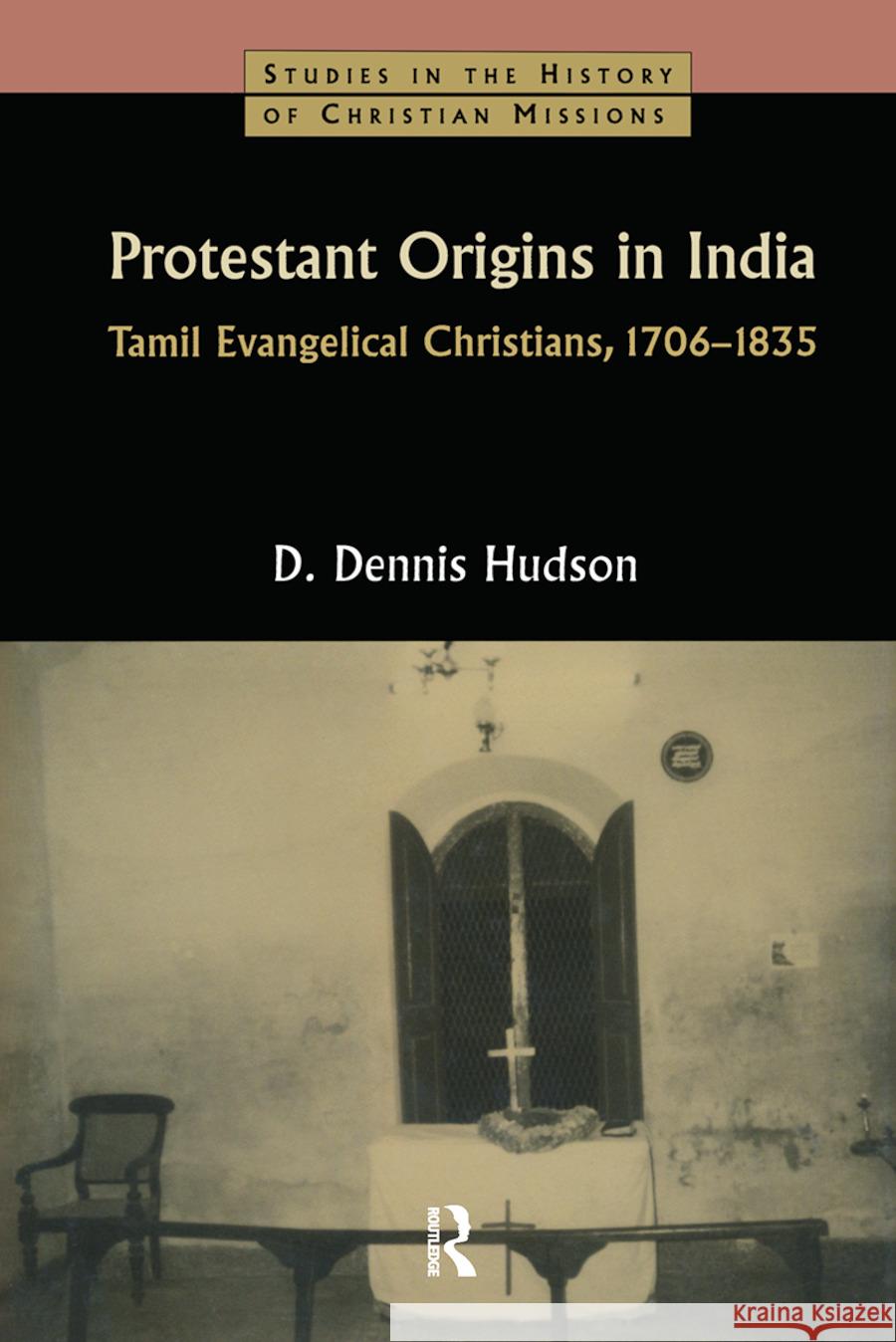Protestant Origins in India: Tamil Evangelical Christians, 1706-1835 » książka
Protestant Origins in India: Tamil Evangelical Christians, 1706-1835
ISBN-13: 9780700712441 / Angielski / Twarda / 2000 / 232 str.
Explores the manner in which people of various caste and various religions responded to the Lutherian mission and congregation. The text investigates the manner in which Tamils themselves understood the Evangelical religion as they spread it beyond Tranquebar. It then turns to the early career of Vedanayagam Sastri (1774-1864). It considers how he responded to efforts by new missionaries to change the language, liturgy and social custom that had guided Tamil Protestants for over a hundred years. Reflections on the intellectual impact of colonial Europe on those early Protestant Christians of India conclude the study.
Protestant Christianity was established as a religion of India when in 1706 missionaries from the the German Evangelical Church sponsored by the King of Denmark landed at the Danish factory in Tamil-speaking Tranquebar. An indigenous congregation soon developed, with worship and catechising in Tamil and Portuguese. This book explores the manner in which people of various castes and of various religions responded to the Lutheran mission and congregation. It investigates the manner in which Tamils themselves understood the Evangelical religion as they spread it beyond Tranquebar. It then turns to the early career of Vedanayagam Sastri (1774-1864). He responded vigorously to efforts by 'new missionaries' to change the language, liturgy, and social custom that had guided Tamil Protestants for over a century. His actions and writings reveal an indigenous form of faith, and a 'theology of pluralism', that countered the Reformed and Enlightenment ideas about Christian life that the 'new missionaries' expressed and sought to enforce. Reflections on the intellectual impact of colonial Europe on those early Protestant Christians of India conclude the study.











